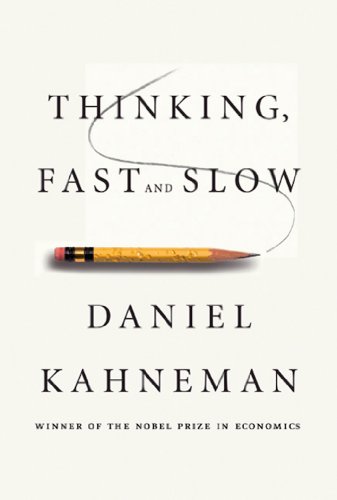

This article is an excerpt from the Shortform summary of "Thinking, Fast and Slow" by Daniel Kahneman. Shortform has the world's best summaries of books you should be reading.
Like this article? Sign up for a free trial here .
What is duration neglect? What does it have to do with our overall happiness?
Duration neglect is the psychological principle that the length of an experience has little effect on the memory of that event. This factor affects how remember pain and joy.
We’ll cover the concept of duration neglect, how it affects overall happiness, and the experiments that demonstrate its power.
Duration Neglect and Remembered Happiness
There is happiness we experience, and happiness we remember. The happiness we remember is often the happiness that more greatly affects future decisions.
Experiencing Self vs Remembering Self
Daniel Kahneman presents two selves:
- The experiencing self: the person who feels pleasure and pain, moment to moment. This experienced utility would best be assessed by measuring happiness over time, then summing the total happiness felt over time. (In calculus terms, this is integrating the area under the curve.)
- The remembering self: the person who reflects on past experiences and evaluates it overall.
The remembering self factors heavily in our thinking. After a moment has passed, only the remembering self exists when thinking about our past lives. The remembering self is often the one making future decisions.
But the remembering self evaluates differently from the experiencing self in two critical ways:
- Duration neglect: The duration of the experience has little effect on the memory of the event.
- Peak-end rule: The overall rating is determined by the peak intensity of the experience and the end of the experience. It does not care much about the averages throughout the experience.
Both effects operate in classic System 1 style: by averages and norms, not by sums.
This leads to preferences that the experiencing self would find odd, and show that we cannot trust our preferences to reflect our interests.
Duration Neglect Experiment
In the ice water experiment, participants were asked to stick their hand in cold water, then to evaluate their experience. Participants stuck their hand in cold water in two episodes: 1) a short episode: 60 seconds in 14°C water, and 2) a long episode: 60 seconds in 14°C, plus an additional 30 seconds, during which the temperature increased to 15°C. They were then asked which they would repeat for a third trial.
The experiencing self would clearly consider the long episode worse—you’re suffering for more time. But the longer episode had a more pleasant end.
Counter-intuitively, 80% of participants preferred the long episode, thus, in Kahneman’s view, suffering “30 seconds of needless pain.” They picked the option they liked more.
Oddly, people would prescribe the shorter episode for others, since they care about the experiencing self of others. But when thinking about themselves, they care more about the remembering self.
(Shortform note: how might duration neglect and peak intensity be evolutionarily advantageous?
Maybe it makes us more resilient to painful episodes. If we strictly assessed utility by integrating the area under the curve, a very traumatic experience could leave us in “happiness debt” that would take considerable time to overcome.)
Seeming Exceptions to Duration Neglect
There are yet exceptions to the principles we’ve covered. If duration neglect is so strong, why does a painful labor that lasts 24 hours seem worse than one lasting 6 hours? Why does a 6 day vacation seem better than 3?
Kahneman argues that the mechanism of the longer duration is in changing the end state—a mother is more helpless after 24 hours than after 6; the vacationer is more relaxed after 6 days.
(Shortform note: another possible exception—if the remembering self makes the decisions tyrannically, why are good behaviors like flossing, losing weight, and saving money so difficult? The experiencing self endures short-term pain, but the remembering self should discount the pain and remember the benefits. Even better, the experiencing self in the future enjoys the fruits of labor of the past experiencing self!
It could be that the remembering self doesn’t actually experience the pleasure of long-term gains. Better health in your 30’s rewards you when you’re 70, which you’ve never experienced. Meanwhile, the memory of a delicious hamburger looms larger. The same goes with saving for retirement—if you’re younger, you have no memory of being financially secure in retirement, but you do remember how that last impulse purchase made you happy.)
———End of Preview———

Like what you just read? Read the rest of the world's best summary of "Thinking, Fast and Slow" at Shortform . Learn the book's critical concepts in 20 minutes or less .
Here's what you'll find in our full Thinking, Fast and Slow summary :
- Why we get easily fooled when we're stressed and preoccupied
- Why we tend to overestimate the likelihood of good things happening (like the lottery)
- How to protect yourself from making bad decisions and from scam artists






